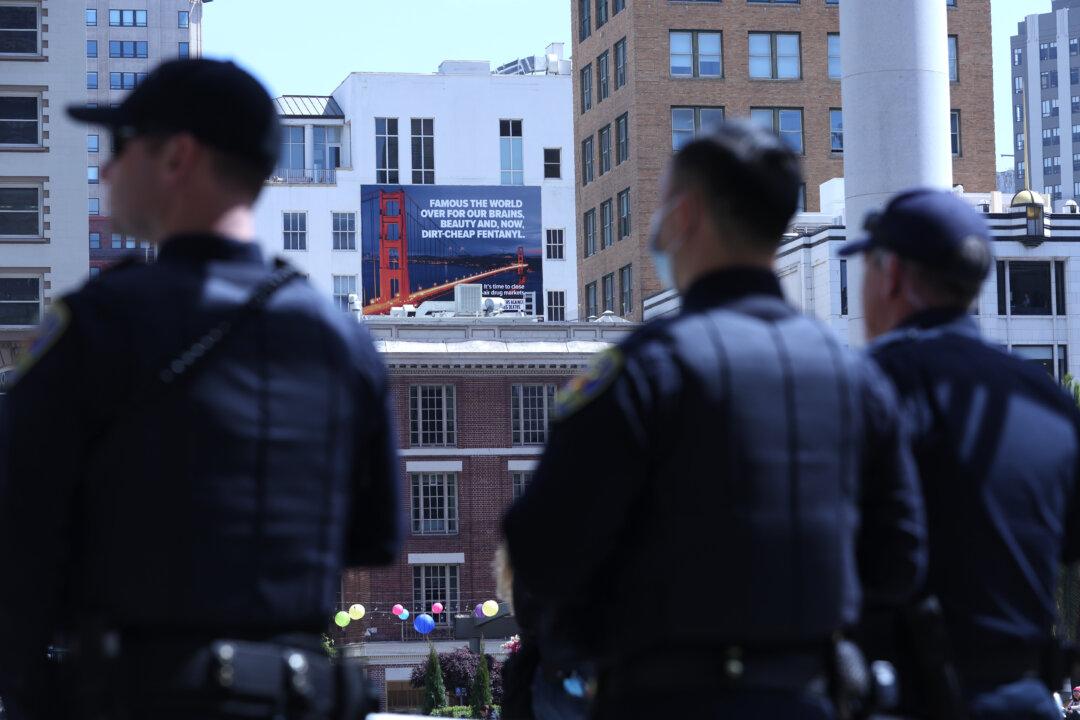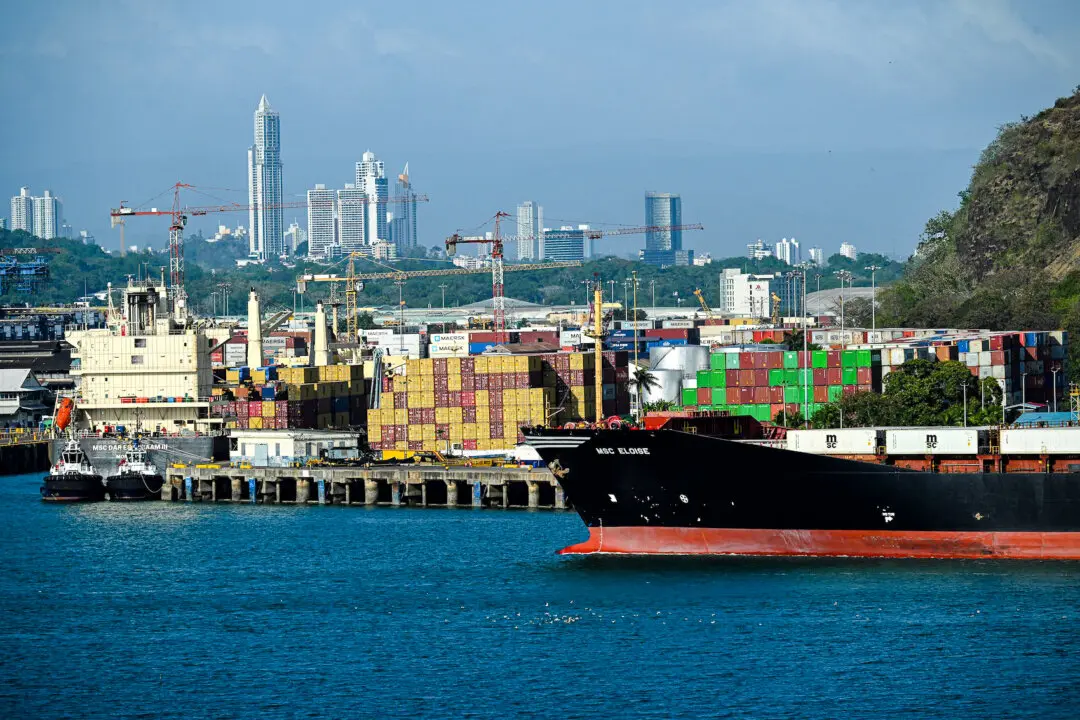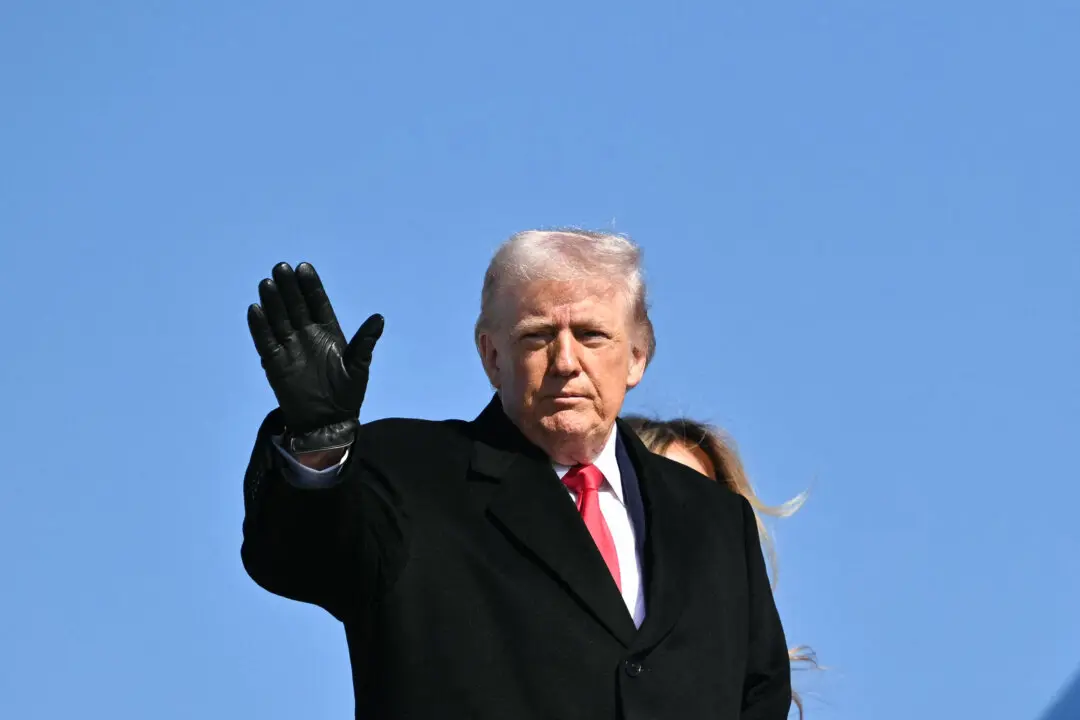Honduras extradited Javier Marin-Gonzales, a Honduran national, on Wednesday to the United States where he faces charges originating from his alleged involvement in the distribution of fentanyl in the San Francisco Bay Area.
It is the fifth extradition of an alleged drug dealer from Honduras to the Northern District of California this year alone, according to prosecutors.





